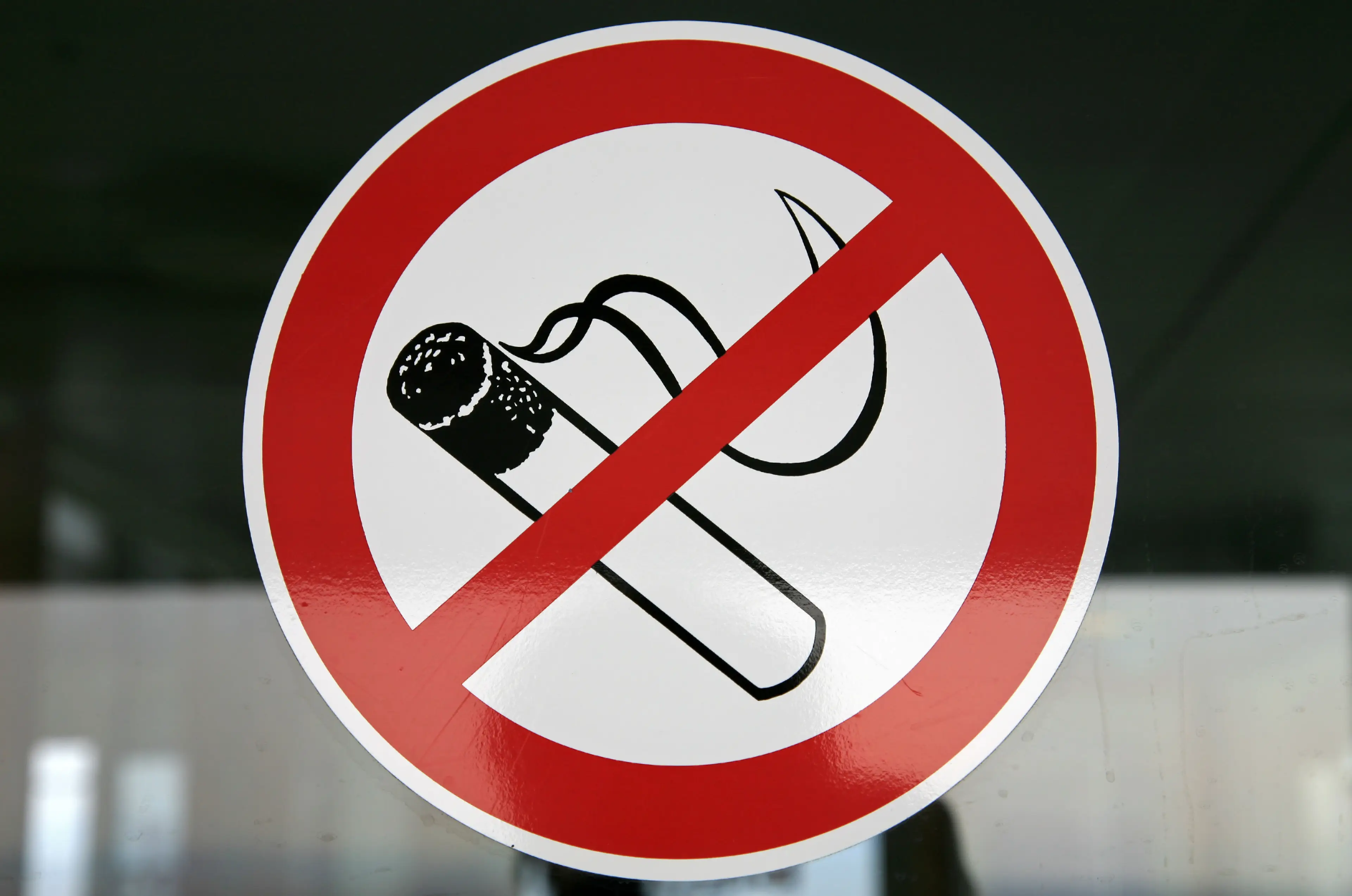
The New Year is upon us, and for many that means making resolutions. If giving up smoking is on your list, here's all the changes you can expect to go through.
Action on Smoking and Health reports that smoking has been found to be the primary cause of preventable illness and premature death, but giving up the habit not only benefits your physical health - it also helps your mental health and wellbeing.
People who quit for good can start to notice changes after just 20 minutes, and the benefits will last you the rest of your life - so it's definitely a step worth taking.

Advert
While some healthy habits take weeks to show results, former smokers will find that your pulse rate will begin to slow and return to normal from just 20 minutes after your last cigarette.
By holding off for eight hours, you'll give your oxygen levels chance to recover and the harmful carbon monoxide level in your blood will have reduced by half, according to the NHS.
The noticeable changes will continue at the 48 hour mark, by which time all carbon monoxide will have been flushed out. As your lungs work to clear out mucus, your senses of taste and smell will improve, and after 72 hours, you might start to notice that breathing feels easier because your bronchial tubes have started to relax.
Continue to persevere and your energy will be on the rise, and after two to twelve weeks your circulation will improve, allowing the blood to better pump through to your heart and muscles.

The long term effects of giving up smoking will be even more noticeable.
After three to nine months any coughs, wheezing or breathing problems will be improving as your lung function increases by up to 10 percent, and by this time next year, your risk of heart attack will have halved compared with a smoker's.
By going 10 years without a cigarette, your risk of death from lung cancer will have also halved.
Though the benefits will make quitting worth it, those first few days can be among the hardest. The NHS advises throwing away all of your cigarettes when you decide to quit, and make sure you hold yourself accountable by listing reasons you're quitting, telling others and joining the NHS Quit Smoking Facebook group for support and advice.
Other tips for quitting include: "If you have tried to quit before, remember what worked; use stop smoking aids; have a plan if you are tempted to smoke; list your smoking triggers and how to avoid them; keep cravings at bay by keeping busy and exercise away the urge."
If you're considering giving up smoking for good, then there's no time like the present.